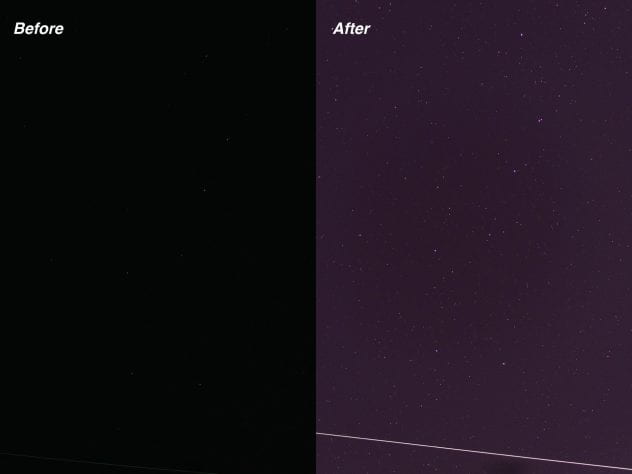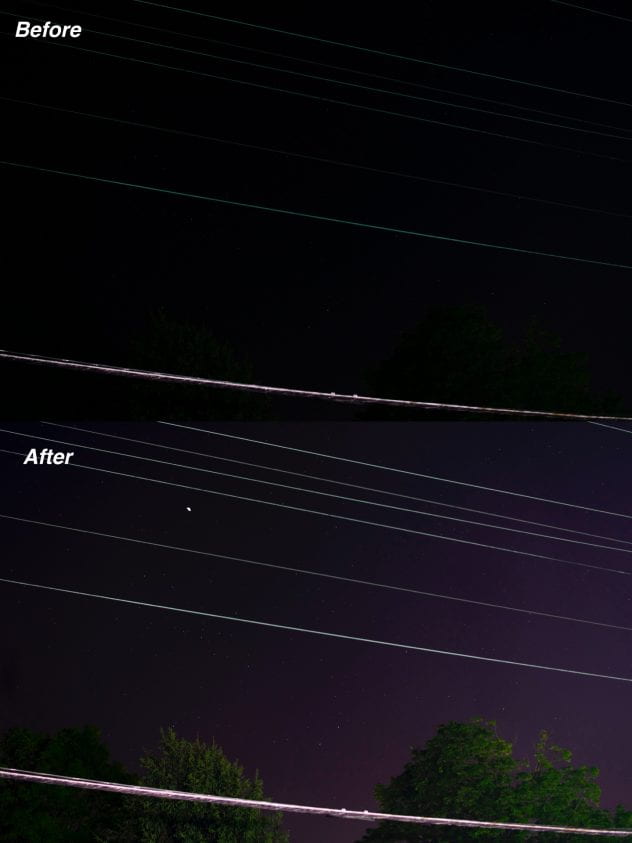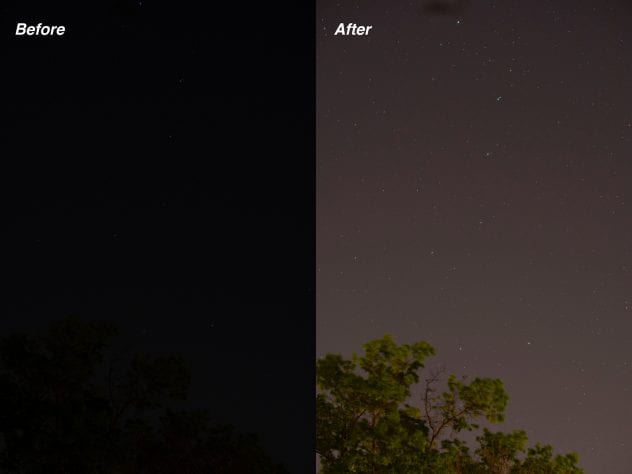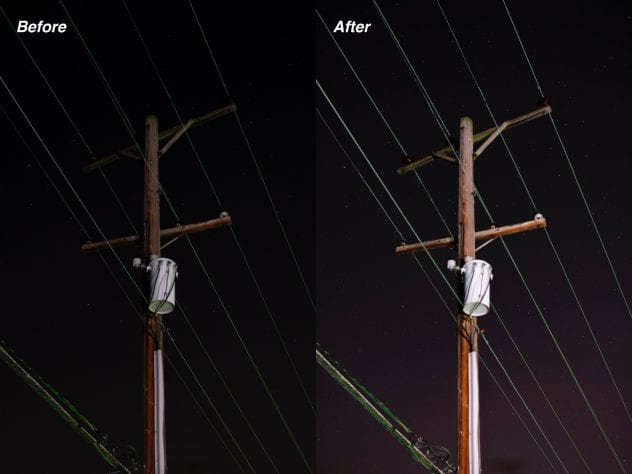As far as pollution goes, many of us have heard of the adverse effects it has on our oceans, forests, and air, but did you know that our use of light is polluting the earth as well?
Light, while not as harmful to the environment and human health, still has adverse effects on our environment. Areas with high light concentration can mess with sleep schedules in animals and humans alike and can even cause obesity in humans in extreme cases, according to the American Medical Association.
These issues are minor when compared to other forms of pollution, but light pollution is a big culprit in one area that is rapidly harmed- our night sky.
Light pollution is the reason that when you look up at the night sky, you may not see many stars. The increasing amount of lights that are on 24/7, especially in cities, causes the light of the stars to disappear from our view, even though they’re still there in the sky. This is due to what’s called skyglow, or the brightening of the sky in areas that are inhabited. When a large number of lights are left on in an area, especially a city, this causes those lights to drown the stars out. 80 percent of the world’s population and 99 percent of citizens in America and the UK live under some level of skyglow, even if they live in a relatively rural area. This interactive map shows how much light pollution we all live under. Due to this, only 10 percent of Americans have ever seen the true night sky. Outdoor nighttime lighting has also been proven to be relatively inefficient, which means more spillage of light into the night sky than we could be having.
To try and show the effects of light pollution, I did an experiment with my camera. I tried to take a picture as close as I could to what my naked eye saw, then took a photo of the same spot but changed the settings to show how the sky could look if there was no light pollution in my town. I repeated this a few times. Here are my results.
The before is what the naked eye sees, while the after shows the countless stars we are missing. While normally one can only see the big dipper and a few other stars scattered about, there are millions of other stars that we can’t see with the naked eye due to light pollution. Even with a camera one cannot capture all of the stars that we could possibly see if it weren’t for this pollution.
But why should we care?
For many, the night sky is a wonder that never ceases to amaze. For me personally, stargazing helps calm me and I feel very peaceful laying down and looking up into the night sky. Many people feel the same way.
Don’t believe me or want to see even more stars than you already can? Luckily the preservation of the night sky has been thought of by some residents in Pennsylvania and we are home to one of the only dark sky parks in the United States! Cherry Springs State Park is an 82-acre wide park in Coudersport PA with little to no light pollution, which means that the 90 percent of us who haven’t seen the night sky in all its glory can finally gaze upon every little star in our sky!
Want to help reduce your impact on light pollution? Darksky.org provides great advice for how to use outdoor lighting more efficiently to reduce light pollution and also provides more detailed summaries about the night sky and light pollution.
The night sky is a wonder that few have fully appreciated, but if we all become more aware of our lights, especially at night, then maybe we can all see a few more stars every night in our skies.



